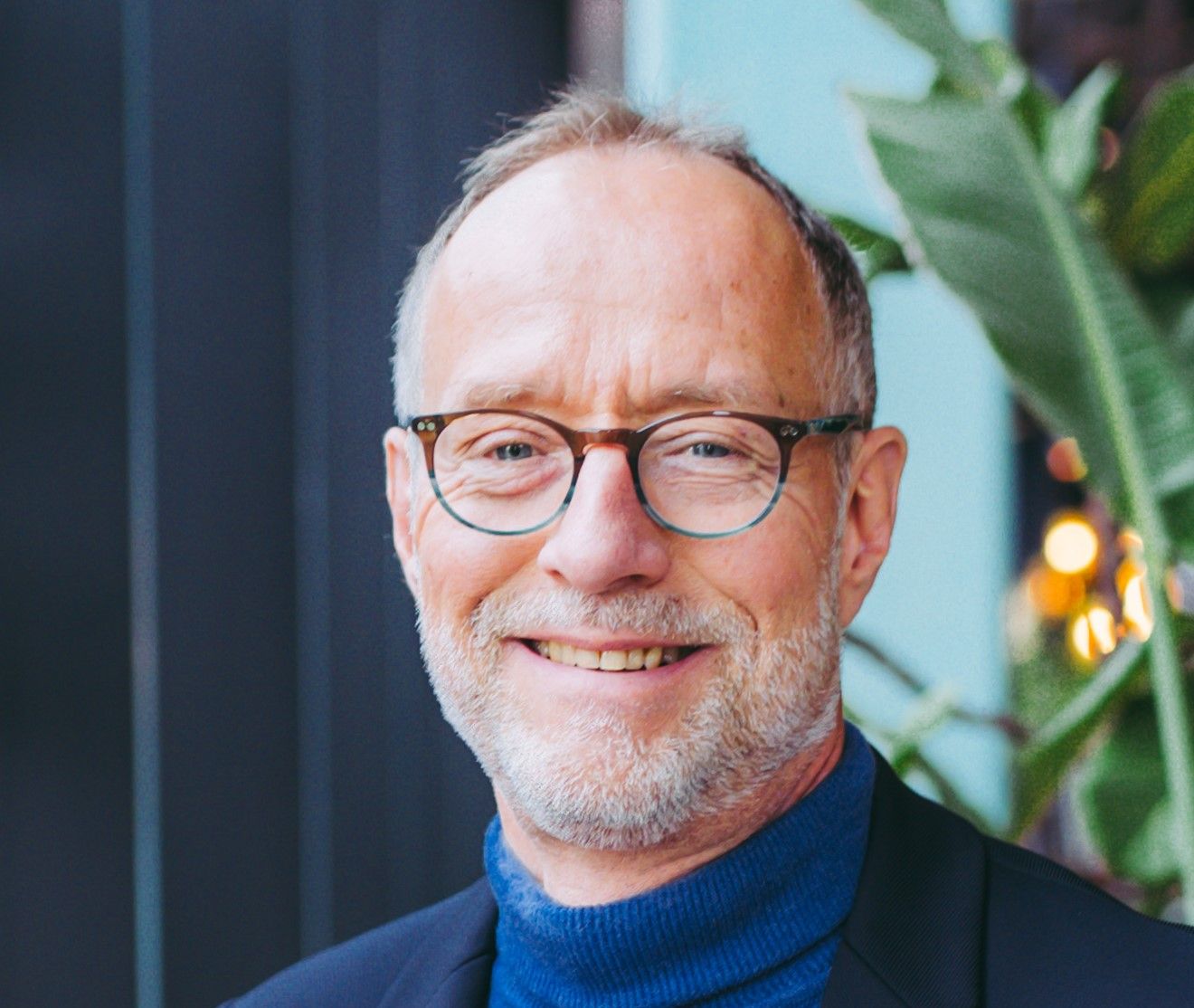Robert Schoevers

Professor Robert Schoevers heads the University Medical Center Groningen Psychiatry Department. His research focuses on epidemiology, prevention and treatment of (severe) mood disorders, involving cohorts such as NESDA and LIFELINES plus intervention studies. He pioneered generic oral esketamine looking at antidepressant efficacy, working mechanisms, patient experiences and maintenance treatment and studies psychedelic treatments and mechanisms. He leads the EU PsyPal study (psilocybin therapy for psychological distress in palliative care patients). He frequently appears in media, wrote/edited books for lay and professional audiences plus documentaries on mental health topics. Further information see Publications and Professional profile
Bringing psychedelic treatments to patients: lessons learned and future perspectives
Background: Around 30% of patients with mental disorders do not respond to current treatments. Psychedelics show promise in alleviating some of this burden and represent a novel approach to severe psychopathologies. Despite widespread optimism, major scientific and clinical unknowns need to be addressed before implementation can responsibly be accomplished at scale.
Objectives: To present an overview of what we have learned from clinical studies with ketamine and psilocybin for depression, and how this relates to the broader development of psychedelic treatments for mental disorders. This also includes presenting the outline of the recently started EU-Horizon supported PsyPal study.
Methods: I will present the results of original studies and literature reviews from our group on both quantitative and qualitative aspects of psychedelic treatments, and how PsyPal aims to address some of the current dilemmas and unknowns.
Findings: There are still major gaps in the current evidence base for psychedelic treatments, this includes possible placebo effects, side effects and adverse events, representativeness of patient samples in current studies, type and amount of psychotherapy needed, the influence of the current hope and hype surrounding psychedelics and the risks of patients with severe mental disorders seeking help outside of regular care.
Conclusions: Larger, rigorously designed studies are needed to determine safety, feasibility and efficacy in regular care settings. Ideally such projects would be carried out by international consortia efficiently addressing major knowledge gaps and streamlining study designs, treatment approaches, and outcome measurements.
Conflicts of interest: Most of my work is publicly funded (Netherlands Organisation Health Research & Development, EU Horizon 2020, 2023), I have received an unconditional educational grant from Janssen Pharmaceuticals, participated in studies sponsored by Novartis, Compass Pathways and GH Research and provided advice to Clexio Biosciences.